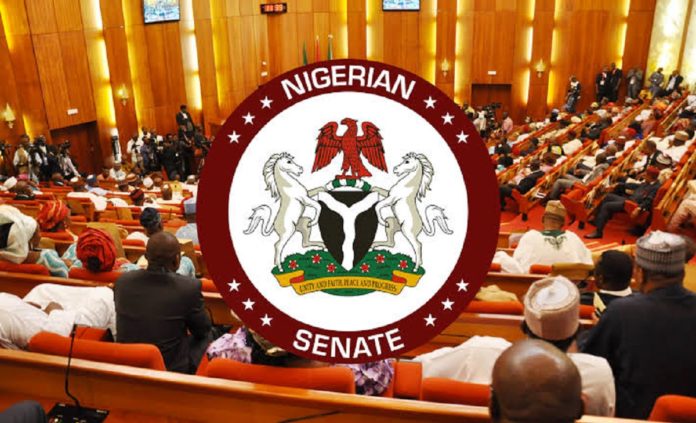The North-West, South-West and South-South geo-political zones of the country may not field a presidential candidate in the 2027 general election if ongoing moves to alter relevant provisions of the 1999 Constitution (as amended) scales through.
It was gathered that a bill “For an Act to alter the provisions of the Constitution of the Federal Republic of Nigeria (as amended) to make provisions for rotation of power among the geo-political zones, senatorial zones and federal constituencies in presidential, governorship and senatorial elections in Nigeria,” is currently before the House of Representatives Committee on Constitution Review.
Sponsored by member representing Apa/Agatu Federal Constituency, Benue State, Ojema Ojetu, the proposed legislation, if passed into law, will bar zones that have produced the President of Nigeria since the return to democratic governance in 1999.
The bill seeks to alter Section 133 of the constitution by inserting sub-sections 2, 3 and 4 to the nation’s extant laws.
A copy of the bill obtained by Newsmen indicated that sub-section 2 reads thus, “The Office of the President of Nigeria shall revolve round the six geo- political zones, with each state holding the office for a maximum of two terms of four years each, to give every section and state in Nigeria a sense of inclusion, participation and representation in Nigeria’s democracy.”
Sub-section 3 of the bill provides that “Any zone in Nigeria which has produced a President of the Federal Republic shall not be eligible to produce another President until the other zones take their turns, while (4) says, “The effective date for consideration in the rotation of power shall be 29th of May, 1999 when the Constitution of the Federal Republic of Nigeria (as amended) became effective.”
The bill, according to Ojotu, a member of the Peoples Democratic Party also seeks alteration to the 1999 Constitution with the insertion of sub-sections 6 and 7.
In (6), the proposed law provides that “The office of the governor of a state in Nigeria shall revolve round all the three senatorial zones in the state, to give every indigene of the state a sense of inclusion, participation and representation in the development of the state; while (7) states that “Every senatorial zone in a state which has produced governor of that state in a democratically conducted election shall not be eligible to produce a governor, unless and until other senatorial zones produce governors of the state.”







